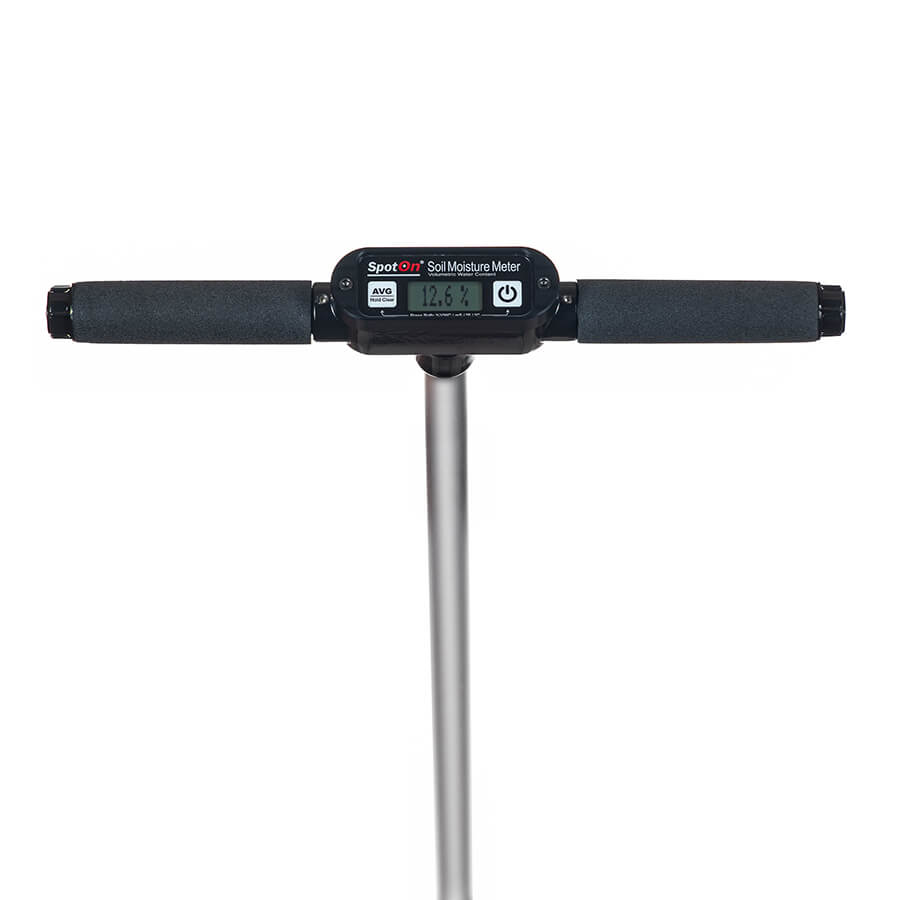The Ultimate Guide to Wetness Meters: A Comprehensive Review and How They Can Save You Money
In the realm of structure upkeep, building, and different markets, the value of accurately determining moisture degrees can not be overstated. Moisture meters function as vital tools in discovering and monitoring moisture content in materials, aiding in avoiding pricey damages and guaranteeing the quality of items. Recognizing the subtleties of various kinds of wetness meters, their applications, and the potential cost-saving advantages they provide can be a game-changer for specialists and companies alike. Finding how these devices can not just improve procedures however likewise contribute to financial cost savings is a trip worth starting.
Kinds Of Wetness Meters
One typical kind is the pin-type dampness meter, which gauges the electric resistance between two pins inserted right into a material. Pinless dampness meters, on the other hand, usage electromagnetic sensing unit plates to scan a bigger location without triggering damages to the product's surface area.

Infrared dampness meters measure the thermal buildings of a material to determine its wetness web content non-invasively, making them helpful for applications where pin or pinless meters may not be suitable. Comprehending the various kinds of moisture meters offered can assist markets pick the most appropriate device for their certain moisture dimension needs.

Benefits of Making Use Of Wetness Meters
Wetness meters offer important benefits in accurately checking and assessing wetness levels in varied materials and settings. One of the key advantages of using wetness meters is the prevention of prospective damage caused by excess moisture.
Furthermore, using dampness meters can lead to boosted power performance. In agricultural setups, wetness meters play a vital function in maximizing plant yields by making it possible for farmers to keep an eye on soil wetness degrees and make educated watering decisions.
How to Pick the Right Moisture Meter
When picking a wetness meter, it's essential to ensure that the meter is appropriate for the particular material you will be testing. Different products have varying electrical residential or commercial properties that can impact dampness readings, so choosing a meter created for your product is essential for precise results. By very carefully examining these factors, you can pick a moisture meter that meets your requirements and supplies exact moisture dimensions for your tasks.
Appropriate Techniques for Moisture Meter Use

Expense Savings Through Wetness Meter Applications
Just how can the critical use of moisture meters lead to considerable price savings across various markets? Dampness meters play a crucial function in cost savings by preventing prospective damages and making certain quality assurance in different sectors. In the farming sector, dampness meters aid in identifying the optimal time for harvesting crops, stopping excess or over-drying wetness that can affect the final product's top quality. This precise tracking helps farmers prevent unnecessary losses and maximize their yield.
In a similar way, in construction, dampness meters aid prevent pricey damages by finding dampness levels in structure materials, such as timber or concrete, which can result in structural problems otherwise attended to without delay. By determining problem areas early on, professionals can take restorative steps to avoid extensive repairs or substitutes, inevitably conserving money and time.
Additionally, in the food handling market, dampness meters are necessary for monitoring visit their website product high quality and ensuring conformity with safety regulations. By accurately gauging dampness material in food products, producers can protect against wasting, preserve quality, and reduce waste, leading to significant price savings. Overall, the critical application of wetness meters is a beneficial financial investment that can bring about considerable price reductions and improved effectiveness throughout numerous markets.
Verdict
In final thought, moisture meters are important devices for spotting and determining wetness degrees in numerous products. By utilizing the best wetness meter and following correct techniques, customers can effectively avoid expensive problems brought on by excess wetness. Investing in a top quality wetness meter can result in substantial expense financial savings over time by identifying prospective concerns early on and making right here it possible for prompt removal. Ultimately, wetness meters are essential tools for preserving the integrity and long life of frameworks and materials.
Wetness meters offer as crucial tools in detecting and checking moisture web content in materials, helping in protecting against pricey problems and making certain the high quality of products. Infrared moisture meters measure the thermal properties of a product to establish its wetness material non-invasively, making them beneficial for applications where pin or pinless meters may not be suitable.Wetness meters use very useful benefits in accurately assessing and have a peek at this website checking dampness levels in varied materials and environments. In agricultural settings, wetness meters play an important duty in optimizing crop returns by enabling farmers to keep an eye on soil dampness levels and make educated watering decisions.In conclusion, moisture meters are beneficial devices for determining and discovering dampness degrees in various materials.